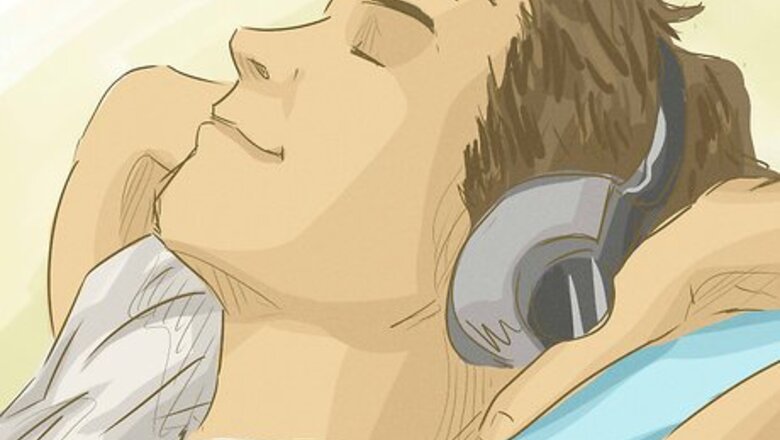
views
Promoting Blood Flow
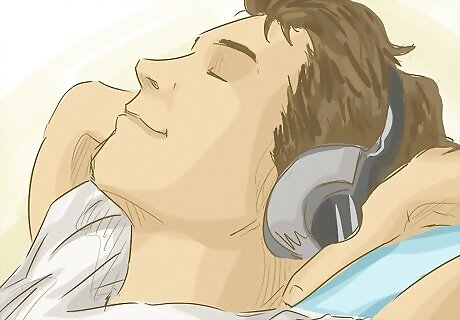
Give yourself a break. If you noticed that you’re incredibly sore, take a day off of whatever it is that made you sore. This will rejuvenate your muscles by allowing them to mend tissue torn while exercising. Sore abs from working out too much is typically temporary. Ease off your workouts to allow your body to recover.
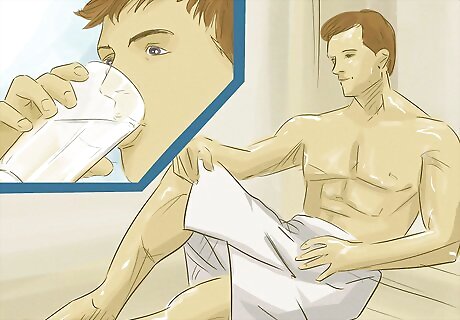
Heat your abs. Use a heating pack or sit in a steam room to help relax your sore muscles. Be careful not to leave heat on for too long or you could burn yourself. Be sure to read the directions on your heating pack before using it. Dry saunas and hot yoga may also be useful. If you use a steam room to heat your muscles, make sure you drink extra water because the steam will dehydrate you. If you’re dehydrated, your muscles will take longer to heal.
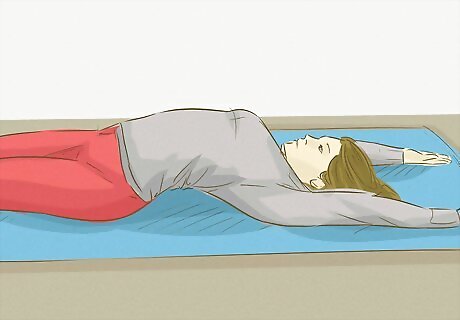
Stretch them out. Depending on the severity of your soreness, stretching is a great way to relieve tightness through your abdominals. Do stretches that focus on your core muscles. If they cause you pain, stop and talk to a doctor. Lay on your back with your arms and legs extended. Make your body as long as you can to feel the stretch. Lean back over your chair. Lean back only until you feel the stretch. Be careful not to push too far.
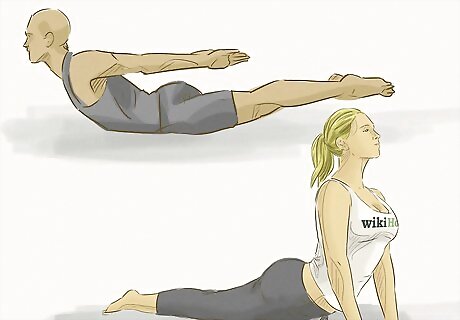
Take a yoga class. These classes are breathing and stretching intensive. They will help promote blood flow throughout the class and beyond. Make the instructor aware of your situation before class starts so that they can focus on core stretches. Do the upward facing dog stretch. This common yoga pose starts with you laying on your stomach. From here, place your hands under your shoulders and push up until you feel the stretch. Look up toward the ceiling for a heightened affect. Do the locust pose. This yoga pose also requires you to lay on your stomach. Lay your arms next to your body and lift your head, and upper torso away from the floor. You want to be resting on your pelvis.
Reducing Swelling
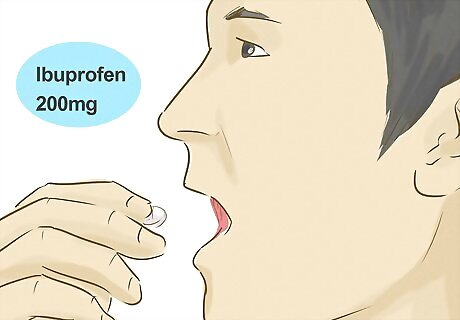
Take Ibuprofen. 200 mg of ibuprofen in the morning after breakfast. Be sure to talk to a doctor before doing this to be sure you don’t have any allergies. If ibuprofen isn’t available, acetaminophen will have the same affect. Both of these help relive sore muscles through their anti-inflammatory ingredients.
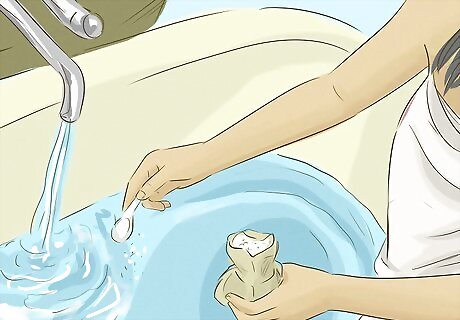
Take an Epsom salt bath. Spend 30 minutes in a tub of hot water and Epsom salt. It also decreases muscle inflammation. While in the tub, rub your abdominal muscles firmly to help blood flow into your muscles. There is no evidence that Epsom salts flush toxins. However, many people report feeling better after Epsom salt baths. Alternatively, soak a damp washcloth in Epsom salt and apply it to the sore area for 15-20 minutes.
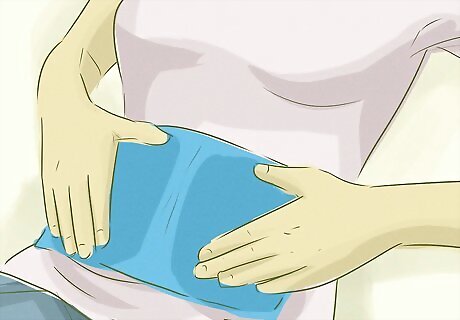
Ice your muscles. Icing helps reduce inflammation if used within the first 72 hours of workout or injury. It helps to reduce pain if applied for 10-minutes intervals. Do not ice directly before you plan on moving a lot—you’ll be prone to injury if you try to move too much when your muscles are cold. Never apply ice directly to the skin and never apply it for more than 20 minutes at a time.
Preventing Sore Abdominals
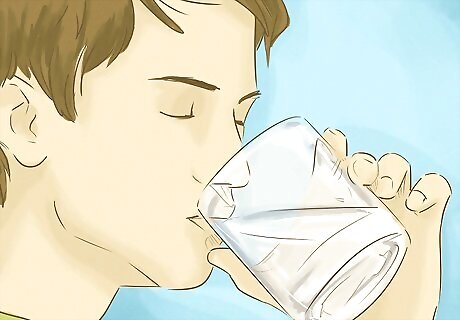
Hydrate well. Staying properly hydrated will help your muscles recover faster. Drink at least two bottles of water before you work out, and drink half an ounce of water per pound of body weight throughout the day. Avoid drinking tea and coffee because these will dehydrate you.
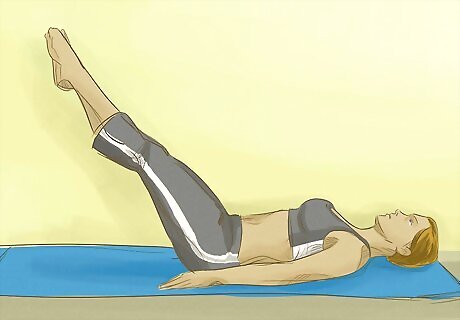
Raise your legs. Before doing anything that is ab intensive, you should avoid sitting or standing for too long. Take 5 minutes before your workout to put your legs up while you lay on your back. This will ensure blood flow to the upper portions of the body. The blood flow will help flush the muscles.
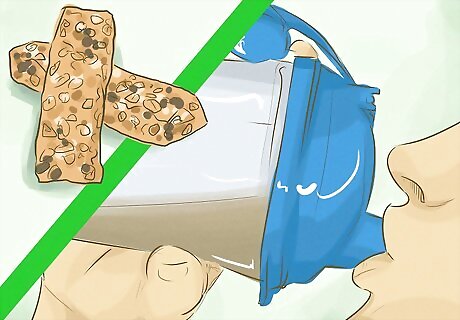
Re-fuel your body properly. Protein is a very important factor in muscle recovery. Be sure to eat a protein rich meal (about 20 grams) within 30 minutes of your workout. Protein bars and shakes are an easy way to get this amount of protein on the go.




















Comments
0 comment